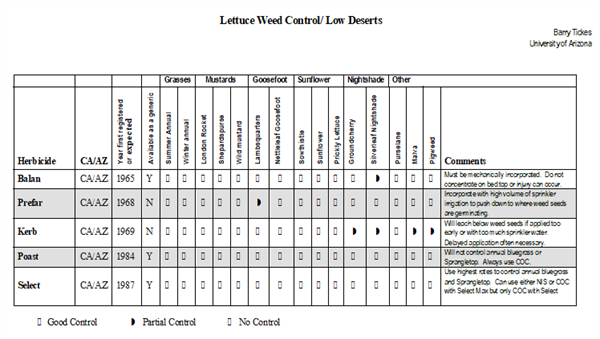Oct 28, 2020
2020 Advances in Automated Thinning and Weeding Technologies Update #2
This is the second in a series of articles discussing technological advances being made by manufacturers of automated thinning and weeding machines. This is a fast-moving space and innovations are entering the marketplace constantly. One of these on the near-term horizon is a robotic thinner/weeder being developed by Tensorfield Agriculture, San Francisco, CA that uses hot vegetable oil to kill weeds. The idea is to spray a “micro-dose” of hot oil (320 °F) onto the targeted plant/weed with high levels of precision. Why vegetable oil and not water or steam? Sufficient levels of heat from any source will rupture cell membranes and kill plants, but the advantage of vegetable oils is that they adhere to plant surfaces better than water and can be raised to much higher temperatures before boiling. Soybean oil for example, has a boiling point of 450 °F which is much higher than that of water at 212 °F. Consequently, vegetables oils transfer more heat faster than hot water and kill plants more effectively. A limitation of steam is the difficulty in concentrating the heat energy onto the target plant.
The concept of using hot vegetable oil to control weeds with an automated machine is not new and has some merit. Vegetable oil degrades naturally in the soil and thus can be used in commercial and organic crop production. Researchers at UC Davis developed and tested a prototype, hot oil based micro-dosing sprayer for automated weeding in tomato crops (Giles et al. 2005, Zhang et al., 2012). They found the technique effective at controlling weeds (>90%), but computing speeds were too slow for the integrated automated weeding machine to be commercially viable at the time.
Tensorfield Agriculture is rejuvenating the idea using modern computers, artificial intelligence and automation. The company has built a micro-dosing sprayer that delivers heated oil to target weeds at the 1/2” scale level of precision (Fig. 1). The sprayer assembly is mounted on an autonomous, robotic platform (Fig 2 - please note that the robotic platform depicted is a first-generation design developed for testing and debugging purposes and that a commercial style unit is forthcoming). Computer imaging and artificial intelligence are used to detect crop plants and weeds. The company will be testing and debugging the system this winter in California with carrot, spinach and romaine crops. The aim is to have prototype commercial systems available for the spring of 2021.
Some of you may have visited Tensorfield Agriculture’s booth or seen their technical breakout-session presentation at the 2020 Southwest Ag Summit in Yuma, AZ. They have an interest in working in the Yuma area and with the University of Arizona. It will be interesting to see how this technology progresses over the winter and how killing weeds with heated vegetable oil may benefit weed management systems.
As I mentioned, automated thinning and weeding technologies are advancing at a very rapid pace. If you know of a new technology that would be of interest and appropriate for this publication, please feel free to contact me.
______________________________
[1] Reference to a product or company is for specific information only and does not endorse or recommend that product or company to the exclusion of others that may be suitable.

Fig. 1. Custom built sprayer modules for delivering high temperature vegetable oil (350 °F) to kill weeds organically. The units are designed for precision weed control (1/2” scale of resolution) by Tensorfield Agriculture, San Francisco, CA (Photo credit – Tensorfield Agriculture).

Fig. 2. Autonomous robot for thinning and weeding using heated vegetable oil. The unit is a first-generation prototype designed for testing and debugging purposes by Tensorfield Agriculture, San Francisco, CA (Photo credit – Tensorfield Agriculture).
References
Giles, D.K., Lanini, W.T. & Slaughter, D.C. 2005. Precision weed control for organic and conventional specialty crops. In Buy California Crop Block Grant Program Final Report. Sacramento, Calif.: California Department of Food and Agriculture.
Zhang, Y., Staab, E.S., Slaughter, D.C., Giles, D.K. & Downey, D. Automated weed control in organic row crops using hyperspectral species identification and thermal micro-dosing. Crop Protection 41: 96-105.












